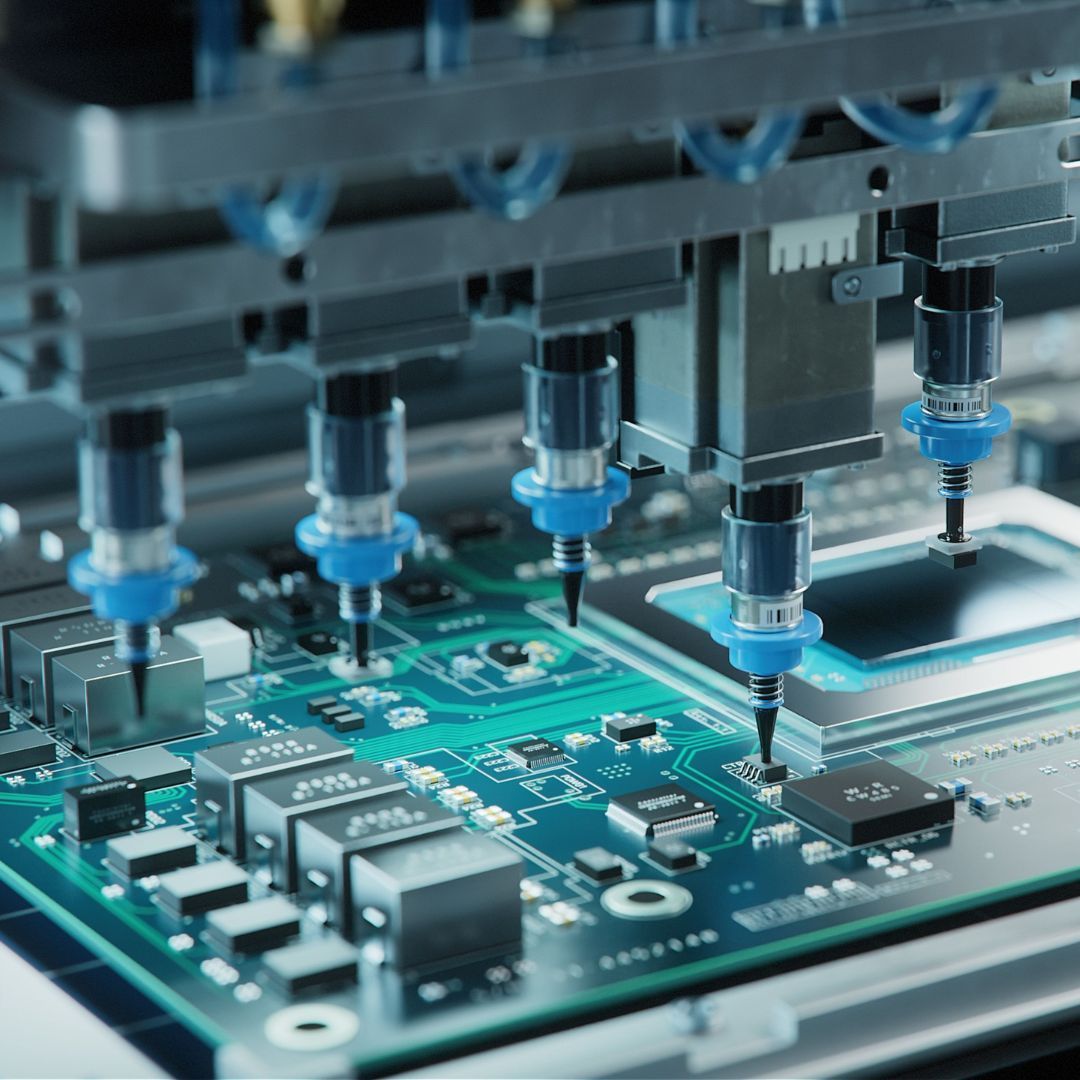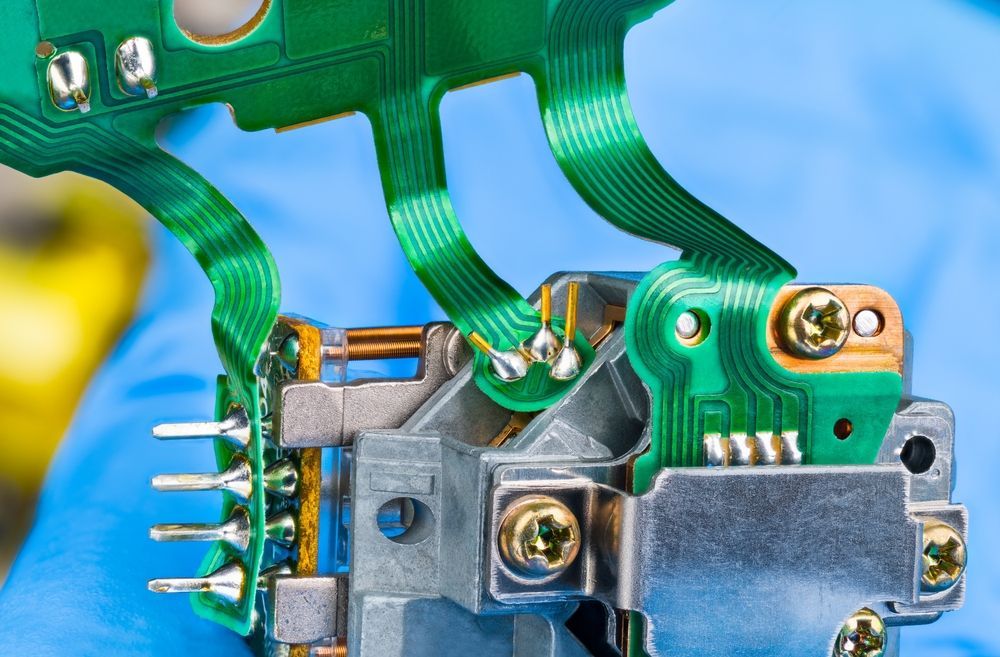Reballing a CPU, or reflowing the solder on a CPU, is a process that involves melting and reforming the solder balls that connect the CPU to the motherboard. It is often used as a repair technique for CPUs that have become damaged or have stopped working properly. IIf not properly explained, it can be very perplexing. However, we will describe the procedure and the advantages in this article.
Reballing A CPU Process
The process of reballing a CPU begins by removing the CPU from the motherboard. This can be done using a variety of tools, such as a heat gun, a soldering iron, or a BGA rework station. Once the CPU has been removed, it is placed in a specialised reballing jig that holds it in place while the reballing process takes place.
Next, the old solder balls are removed from the CPU. This is typically done using a combination of heat and mechanical force. The CPU is heated to a high temperature using a heat gun or soldering iron, and then the old solder balls are carefully scraped off using a specialised tool. After the old solder balls have been removed, the CPU is cleaned to remove any remaining residue or contaminants. This is typically done using a combination of solvents and abrasive materials.
Once the CPU is clean and free of contaminants, it is time to apply the new solder balls. This is typically done using a specialised machine called a solder ball applicator, which deposits small balls of solder onto the surface of the CPU. The CPU is then placed back into the reballing jig and heated to a high temperature, which melts the solder balls and allows them to flow and form a solid connection with the motherboard.
After the reballing process is complete, the CPU is carefully inspected to ensure that all of the solder balls have formed a proper connection. Any balls that are not properly connected are carefully reworked to ensure a good connection.
Benefits Of Reballing A CPU
There are a few key benefits to reballing a CPU. One of the main benefits is that it can restore a damaged or malfunctioning CPU to working order. In some cases, CPUs can become damaged due to physical impacts or overheating, and reballing can help to repair these issues and restore the CPU to proper functioning.
Another benefit of reballing is that it can help to improve the overall reliability and performance of a CPU. By reflowing the solder and ensuring that all of the connections are properly made, a reballed CPU can potentially perform better and be more stable than a CPU with damaged or improperly connected solder balls.
Overall, reballing a CPU is a specialized process that requires a high level of skill and attention to detail. It is not a repair technique that is suitable for everyone, and it is important to have the necessary tools and equipment on hand to ensure a successful reballing process. However, for those who are experienced in electronic repair and have the necessary tools, reballing can be a useful technique for restoring a damaged or malfunctioning CPU to working order.
M-TEK
Give our specialists at M-Tek Assembly Ltd a call at 01189 455377 if you have any questions regarding reballing a CPU or require general advice. One of our expert team members will be more than happy to assist you. Alternatively, Follow us on Twitter to stay up to date on our services.
Recent Posts
Call Our Team
Join the Newsletter
We will get back to you as soon as possible
Please try again later






